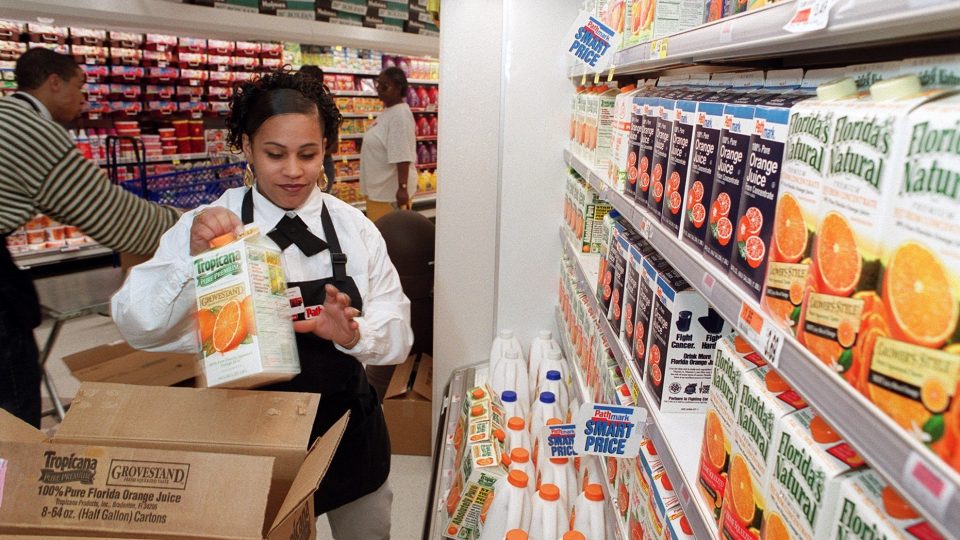Retail in North Africa is a dynamic and diverse sector that plays a significant role in the region’s economy. North Africa includes countries such as Algeria, Egypt, Libya, Morocco, Sudan, and Tunisia
each with its own unique retail landscape. While I can provide a general overview, it’s important to note that the specific retail conditions may vary between countries.
- Market Size and Consumer Base: North Africa has a substantial population, with Egypt being the most populous country in the region. This large consumer base offers significant opportunities for retailers to tap into a growing market.
- Traditional Markets: Traditional markets, such as souks or bazaars, still play a significant role in North African retail. These markets offer a wide range of goods, including local crafts, textiles, spices, and food products. They attract both locals and tourists and contribute to the vibrant retail scene.
- Modern Retail Formats: Over the years, modern retail formats have gained popularity in North Africa. Supermarkets, hypermarkets, and shopping malls have emerged in urban areas, providing consumers with a more organized and convenient shopping experience. Major international retailers, including Carrefour, Auchan, and other regional chains, have established a presence in the region.
- E-commerce: Like in many parts of the world, e-commerce is experiencing significant growth in North Africa. The increasing internet penetration and smartphone usage have facilitated the rise of online shopping platforms. Local players and international e-commerce giants, such as Jumia, have expanded their operations in the region to cater to the growing demand for online retail.
- Consumer Preferences: North African consumers have diverse preferences and shopping habits. While price and quality are crucial factors, factors such as convenience, product availability, and brand perception also influence purchasing decisions. Local products and cultural preferences often shape consumer choices.
- Challenges: The retail sector in North Africa faces certain challenges, including infrastructure limitations, bureaucratic hurdles, and economic disparities. However, efforts are being made to address these issues and promote a conducive environment for retail growth.
- Tourism Impact: North Africa attracts a significant number of tourists, which positively impacts the retail sector. Tourists contribute to retail sales through their purchases of local handicrafts, souvenirs, clothing, and other goods.
It’s worth noting that the retail landscape in each North African country has its unique characteristics and market conditions. Understanding local regulations, cultural preferences, and consumer behavior is crucial for retailers looking to establish a presence in the region.



